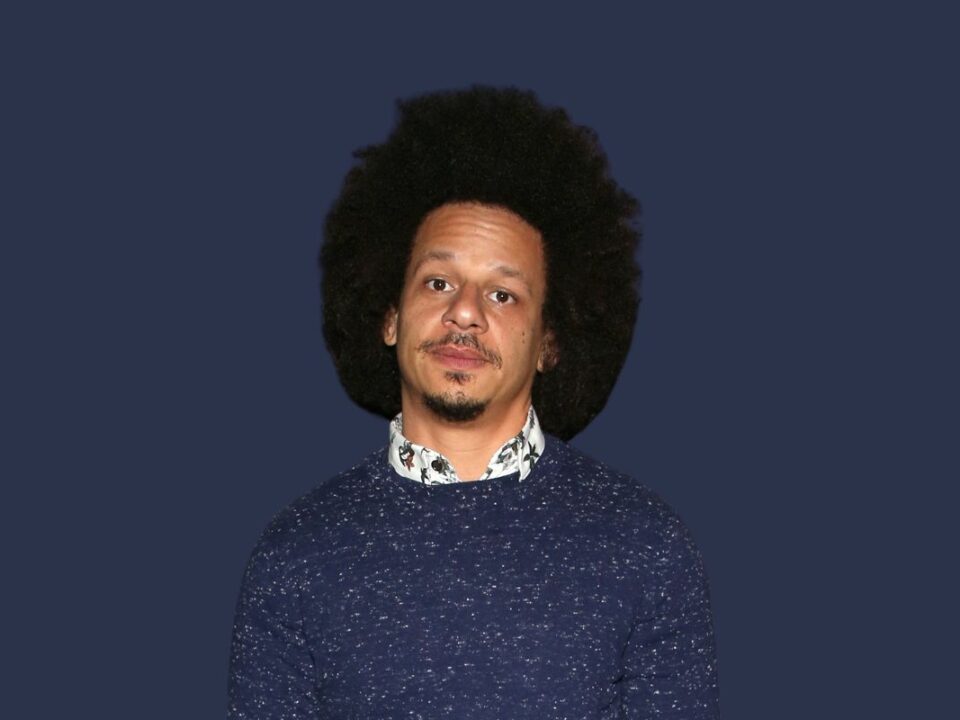Eric André and Clayton English scored a big-time legal victory in Atlanta after a federal appeals court ruled their racial discrimination lawsuit against Clayton County police could proceed, reversing a lower court’s dismissal.
The Eleventh Circuit Court of Appeals issued a 44-page opinion on August 16 that reinstated the civil rights case, which claims both comedians were unlawfully stopped and questioned at Hartsfield-Jackson Atlanta International Airport by officers from the county’s Airport Interdiction Unit.
The court found their allegations “plausibly allege violations of the Fourth Amendment.”
The ruling, authored by Judge Elizabeth L. Branch — a Trump appointee — stated that “plaintiffs plausibly alleged that Clayton County’s drug interdiction program directs the county’s officers to violate passengers’ Fourth Amendment rights by conducting unreasonable seizures of the passengers.”
André and English were furious after they were separately stopped on jet bridges without suspicion of wrongdoing and interrogated about drug possession.
They said the stops were racially motivated and part of a broader pattern of unconstitutional behavior by law enforcement.
“I was flying back from South Carolina and connecting in Atlanta to fly home from a work trip. I was filming Righteous Gemstones, the HBO show. And Atlanta was my connecting flight. So when I got to the gate, the gate agent ripped my ticket, everything was going as normal. I’m boarding with the business class passengers, all white people in front of me and behind me on this little narrow, claustrophobic, awkward jet bridge,” Eric André said.
“These two cops kind of, like, appeared out of nowhere, singled me out. And they were like, we have reason to believe that there’s drugs going through this airport. Are you selling drugs? Are you buying drugs? Are you on crystal meth? Are you on heroin, cocaine? And clearly, it was racial profiling and discrimination,” André added.
Data obtained by their legal team shows that during the eight months surrounding their stops, 402 travelers were detained by the Airport Interdiction Unit.
Of those whose race was recorded, 56 percent were Black — despite Black passengers making up only 8 percent of domestic travelers at the airport. Statisticians estimate the chance of that disparity happening randomly is less than one in one hundred trillion.
The court sided with the plaintiffs on their Fourth Amendment claims but upheld the dismissal of their Equal Protection claim, saying the complaint did not sufficiently allege that any officer acted with discriminatory intent.
Barry Friedman, Faculty Director of the Policing Project at NYU Law, argued the case before the court.
“In the United States, you may not be seized or have your belongings searched unless you truly voluntarily consent or the government has at least reasonable suspicion to justify the seizure. Never has that basic constitutional principle been more important,” Friedman said. “We are glad that the federal court of appeals has reaffirmed that principle and recognized the validity of our clients’ Fourth Amendment claims.”
The lawsuit, initially filed in October 2022, was dismissed by a district court in September 2023.
André and English appealed the decision in January 2024. The case is now headed back to trial court, where further evidence about the police program is expected to be revealed.
The case has drawn support from entertainers including Tyler Perry, Jamie Foxx and Taraji P. Henson, as well as legal organizations like the NAACP Legal Defense Fund and the Cato Institute.
